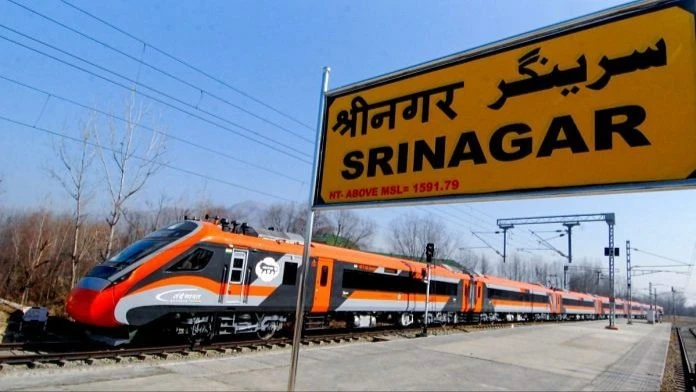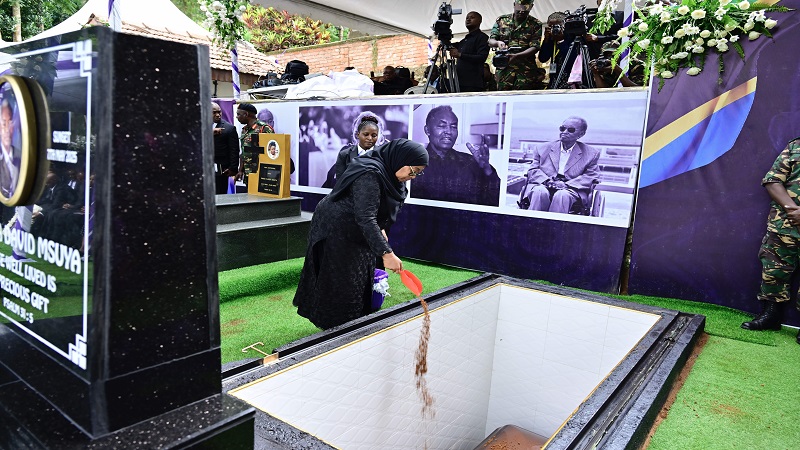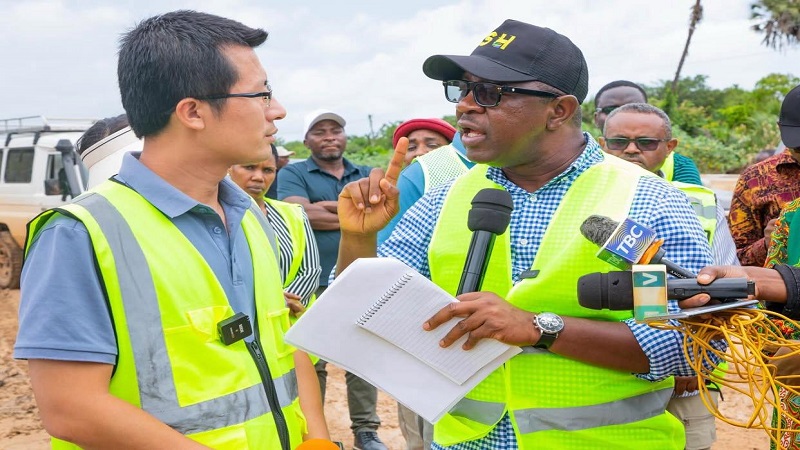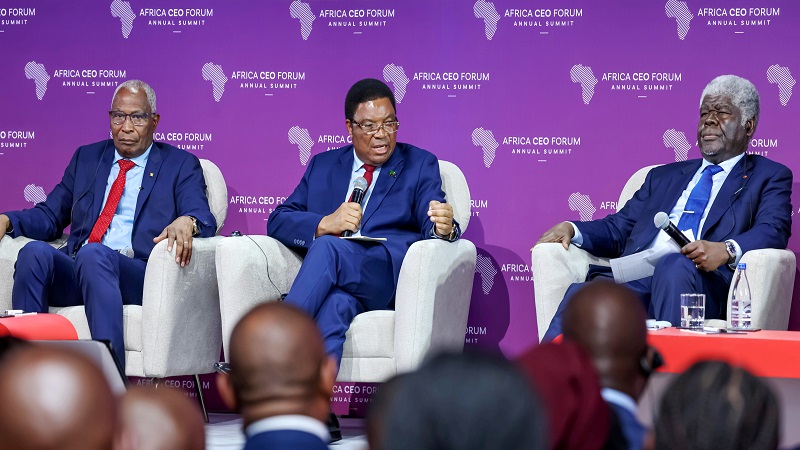Cyber fraud, data security figure in 291.53bn/- estimates’ priorities

CYBER security is at the heart of the 291.53bn/- budget estimates for fiscal 2025/26 for the Information, Communication and Information Technology ministry.
Jerry Silaa, the minister, said in presenting the estimates that this is a bold move to protect the nation’s growing digital ecosystem, where the government has prioritised expansion of ICT infrastructure.
It similarly seeks to enhance digital innovation and improve access to communication services in rural and underserved urban areas, he told the legislature, which later approved the ministry’s estimates.
He emphasised the government’s intent to fortify digital defences in the face of escalating cyber threats and online fraud, rolling out the National Cybersecurity Monitoring System to track and respond to cyber incidents across the country. The system will strengthen national coordination in combating rising cybercrime, tied to increased internet penetration and digital transactions, he said, similarly hinting at plans to boost the capacity of the Tanzania Police Force in that sphere.
The government will expand digital forensic units in Mbeya and Mwanza, where the units will be equipped with updated tools to facilitate investigation and prosecution of cybercrime more effectively, he explained.
“Cybersecurity is not just a technical issue—it’s a matter of national security and economic stability,” the minister stressed, underlining the urgency of building public awareness on digital risks.
A nationwide education campaign to sensitise citizens on safe internet use and individual rights under the Personal Data Protection Act of 2022, along with community-based cyber response teams, particularly in universities.
They will be tasked with promoting digital ethics and equip the youth with skills to counter online crime , serving as the first line of defence at the grassroots level and foster a culture of responsible digital citizenship, he stated.
Work on the National ICT Backbone was allocated 73bn/- for building and upgrading over 4,400 kilometres of fibre-optic cable, connecting it with the neighbouring Democratic Republic of Congo, he said.
A total of 280 communication towers will be built, using the Universal Communications Service Access Fund (UCSAF) resources, to boost network coverage in remote communities, he said.
Similarly, 28.1bn/- will be used to implement the Digital Tanzania Programme, which includes developing a national data lake, launching a digital services portal for citizens and completing the Zanzibar Government Services Registry, he specified.
A new generation of ICT professionals will be nurtured, by supporting the setting up of two ICT colleges, establishing four innovation hubs at the district level, he said.
Training programmes will be conducted to upskill young tech talent, with special groups targeting university students formed to encourage ethical digital practices and innovation, he said.
The residential addressing system will be beefed up with a 26.8bn/- investment, added to the development of smart cities in Dodoma, Arusha and Mbeya, he said.
Projects such as the Kibocube satellite initiative aimed at launching educational micro-satellites into orbit will strengthen the country’s regional and international ICT presence, he said.
“The government remains committed to building a secure, inclusive digital economy that empowers citizens, drives innovation and supports Tanzania’s wider development goals,” he added.
Top Headlines
© 2025 IPPMEDIA.COM. ALL RIGHTS RESERVED






















